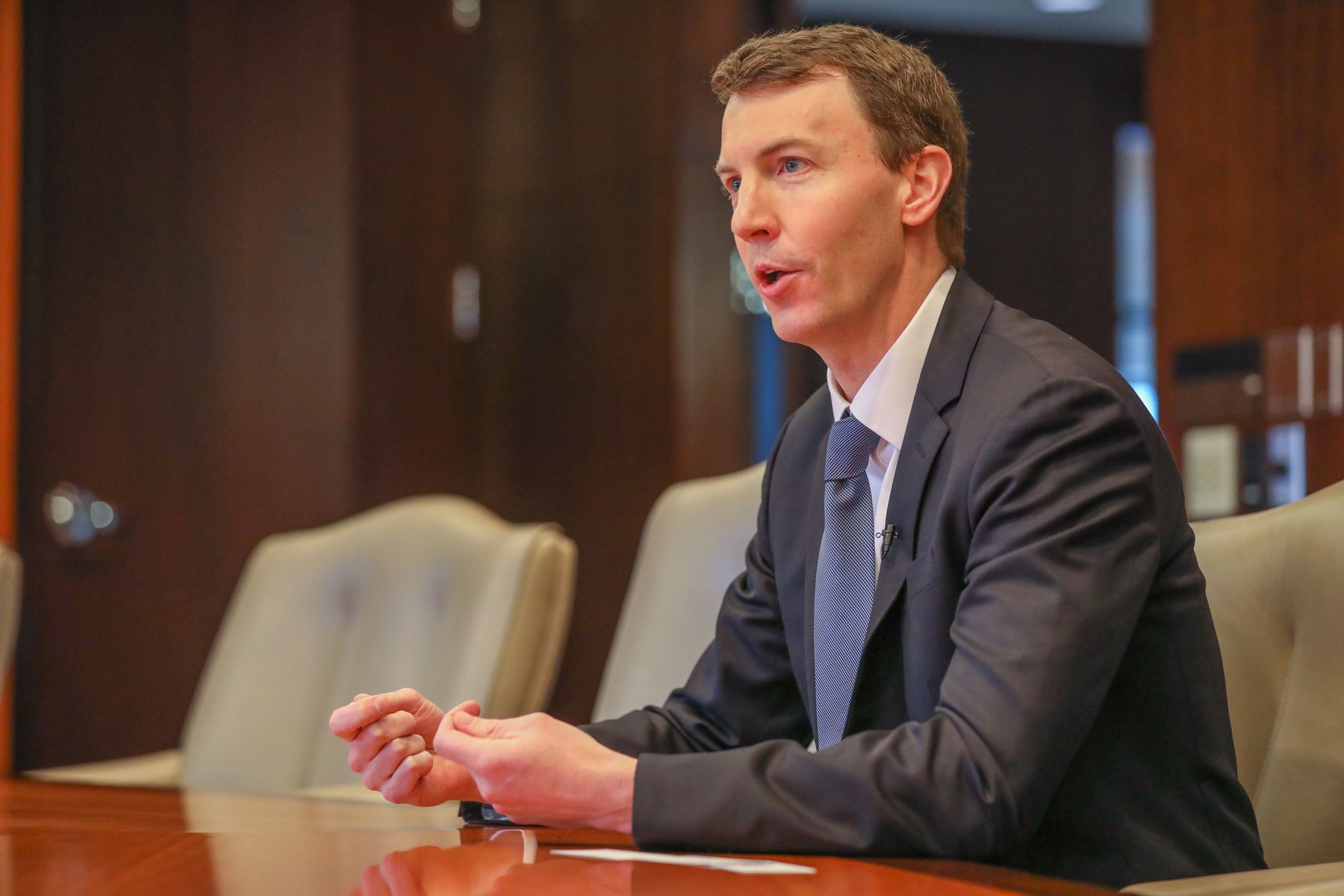The NCAA’s historic House settlement has transformed collegiate sports for good. But every significant change has downsides, and this deal is no different. According to experts, it can cause more issues than it solves.
The $2.8 billion settlement now lets colleges pay players directly, which is a big change from the old standards about amateurism. Athletes should benefit from this, right?
But it also complicates things from a legal and financial point of view, which will be difficult for administrators, notably Bryan Seeley, the incoming CEO of the College Sports Commission.
Bryan Seeley’s New Role Gets Tougher with Lawsuits on the Horizon
The newly formed College Sports Commission has chosen Seeley, a former Major League Baseball executive, as its new CEO. This announcement came just days after Judge Claudia Wilken approved the $2.8 billion House v. NCAA settlement. Seeley will now lead efforts to enforce NIL rules and manage revenue-sharing regulations.
Sports analyst Paul Finebaum didn’t sugarcoat the situation. Speaking on SportsCenter, he said, “Yeah, go to your local CVS and buy the biggest bottle of Advil you can find because you are going to have more headaches than you’ve ever had before. And I hate to be a pessimist on a beautiful Saturday morning, Jay, but this sport is not fixable.”
He went on to say that collegiate sports made this situation worse for itself, stressing that even if things are a mess, the sector is still worth billions of dollars. However, the uneven distribution of money and unclear rules might make the future more unstable. His biggest concern is that fans may eventually lose interest in a sport that feels fundamentally different from the one they grew up loving.
According to the new plan, schools can provide players up to $20.5 million in the first year. But here’s the problem: 90% of that money is supposed to go to football and men’s basketball. That means just 10% is left for Olympic programs and women’s sports.
Seeley accepts this position at a time when lawsuits seem inevitable. Experts warn that although the NCAA’s deal ended three major antitrust charges, additional challenges are coming. These could include how rules are followed, how money is split, and how NIL deals are monitored. Seeley’s experience in law and compliance will be invaluable as he leads the CSC through this storm.
KEEP READING: As Key Deadlines Approach, Concern Grows Over House vs. NCAA Lawsuit’s Effect on College Sports
Additionally, Deloitte’s NIL Go system, which provides more control, must approve all NIL deals worth $600 or more. Some people within the company are worried that this additional stage would make agreements take longer and could cause fights over fair pay and contract terms.
College Sports Network has you covered with the latest news, analysis, insights, and trending stories in college football, men’s college basketball, women’s college basketball, and college baseball!


